Why Iran-Bolivia security partnership has rattled Americans, Zionists
Sdenka Saavedra Alfaro
In a multilateralist vision that takes into consideration the progress and independence of people in Latin America and builds a common front against American hegemony, Iran and Bolivia have resolved to strengthen their partnership, especially in the security sphere.
On July 20, 2023, the Plurinational State of Bolivia and the Islamic Republic of Iran signed a memorandum of understanding (MoU) on defense and security cooperation, which could be a model to follow for all Latin American countries.
The MoU was inked by Iran’s defense minister Brigadier General Mohammad Reza Ashtiani and his Bolivian counterpart Edmundo Novillo Aguilar in Tehran.
Iran’s defense minister said Latin American countries hold a special place in the Islamic Republic’s foreign policy and extended full support to the landlocked country located in central Latin America.
Aguilar’s visit to Tehran came after the Iranian President’s successful three-nation tour of Latin America that raised many eyebrows in the US, which sees Latin America as its “backyard.”
The strengthening of security ties between Iran and Bolivia compounded the fears about Iran’s so-called “infiltration” in America’s “backyard”, with Washington Post and many other Western media outlets raising an alarm.
The Institute for the Study of War, a neoconservative American think tank that has for years warned about Iran’s growing influence in Latin America, claimed that Iran intends to sell drones to Bolivia as part of the security deal. It was reported by many media outlets as well.
A day after the MoU was signed, Argentina sent a note to Bolivia’s embassy seeking information “about the scope of the discussions and possible agreements reached."
Even Bolivian opposition lawmakers sought information regarding the defense and security memorandum of understanding signed between Novillo and Ashtiani on July 20.
Delegación de Asociaciones Israelitas Argentinas (DAIA), an umbrella organization of Argentina's Zionist community, found the time opportune to renew attacks on Iran and resort to Iranophobia.
The organization of extremist Zionists has in the past blamed the Lebanese Hezbollah resistance movement and Iran for the July 1994 bombing of a Jewish center in Buenos Aires, which killed 85 people, despite no shred of evidence to substantiate the claims.
These pro-Israel lobbies in Latin America as well as in the United States have employed various pretexts to persuade the international community to exert pressure on Iran, including crippling sanctions that affect ordinary citizens, including critical patients.
Now they are hell-bent on placing Bolivia also on the blacklist for its security cooperation with the Islamic Republic, as they did with Venezuela, Cuba and Nicaragua for different reasons.
The Islamic Republic of Iran, in line with its policy of supporting the oppressed nations, has gone out of its way to help countries in Latin America, sending gasoline tankers to blockaded Venezuela, establishing hospitals in Bolivia, providing oil, energy, agricultural and livestock assistance to Nicaragua, or helping Cuba in fishing, biotechnology and water resources.
These countries are often labeled as the “Axis of Evil”, or dictatorships, precisely because they refuse to submit to America’s hegemony and warmongering.
The consolidation of bilateral ties between Bolivia and Iran has been going on for more than 16 years, and that has rattled the right-wing forces, the Zionist lobby, and the White House.
They fully understand that the Islamic Republic is today a regional power and a bulwark against terrorist forces in Western Asia, and a lynchpin of the resistance Axis. It does not, unlike the US or its allies, carry out coups or invasions but helps and supports countries that are independent.
History is witness to how the US has destabilized the world, from West Asia to South Asia to Africa to Latin America, through invasions, coups and unilateral military interventions.
Take for example the coup in Panama in 1989, the invasion of Afghanistan in 2001, the invasion of Iraq in 2003, the overthrow of the Haiti government in 2004, the failed coup against Venezuela in 2020, support for the coup in Bolivia, and more recently in Peru.
When there is awareness of the criminal barbarity of the enemies of free nations, the resistance of these nations will continue and become stronger.
Bolivia is doing just that by exercising its sovereignty and signing pacts and alliances with countries such as the Islamic Republic. The future belongs to these countries, not the US or its allies.
Sdenka Saavedra Alfaro is a Bolivian Journalist and researcher.
(The views expressed in this article do not necessarily reflect those of Press TV)
Pro-military Israeli journalist detained on suspicion of raping child: Reports
Anthropic resists US War Department push for unrestricted AI access
Iran naval unit returns from drill, cmdr. vows to defend borders to ‘last breath’
VIDEO | Press TV's news headlines
Paris silencing pro-Palestine voices
Iran raises alarm at ‘environmental consequences’ of US militarism
Iran: UN Security Council inaction on Israeli crimes ‘catastrophic’
Report: US intel debunks Trump's claim of Iran working on ICBMs


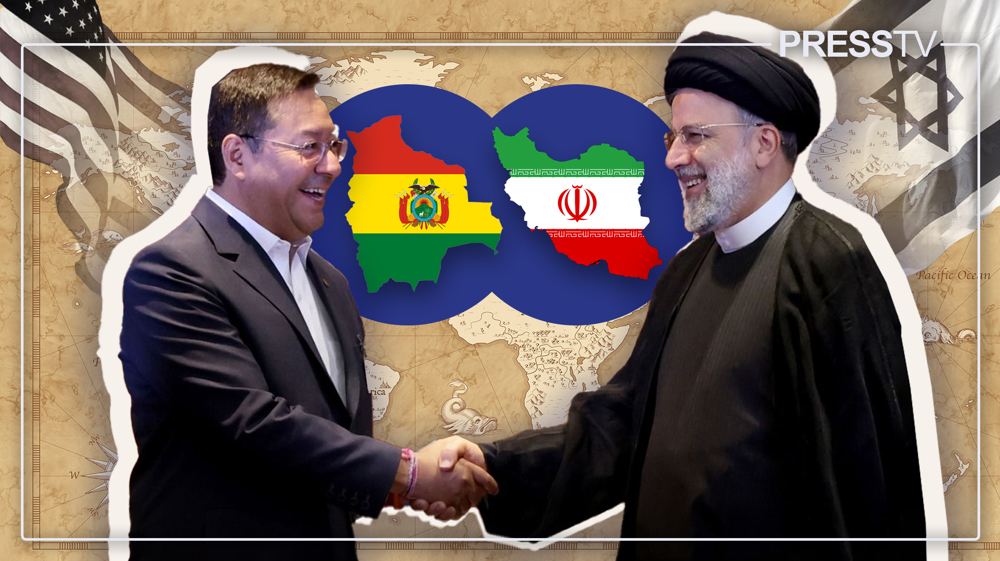
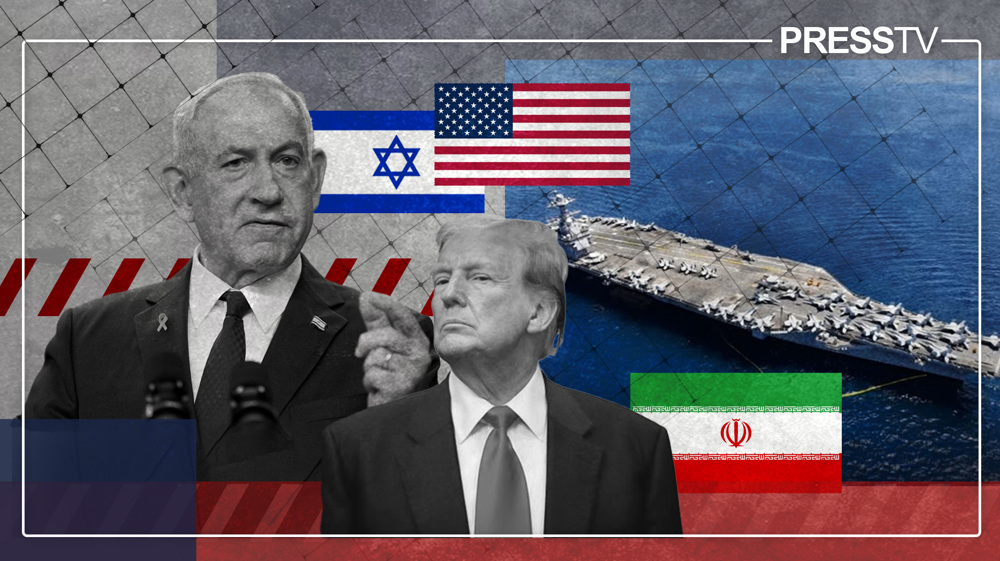

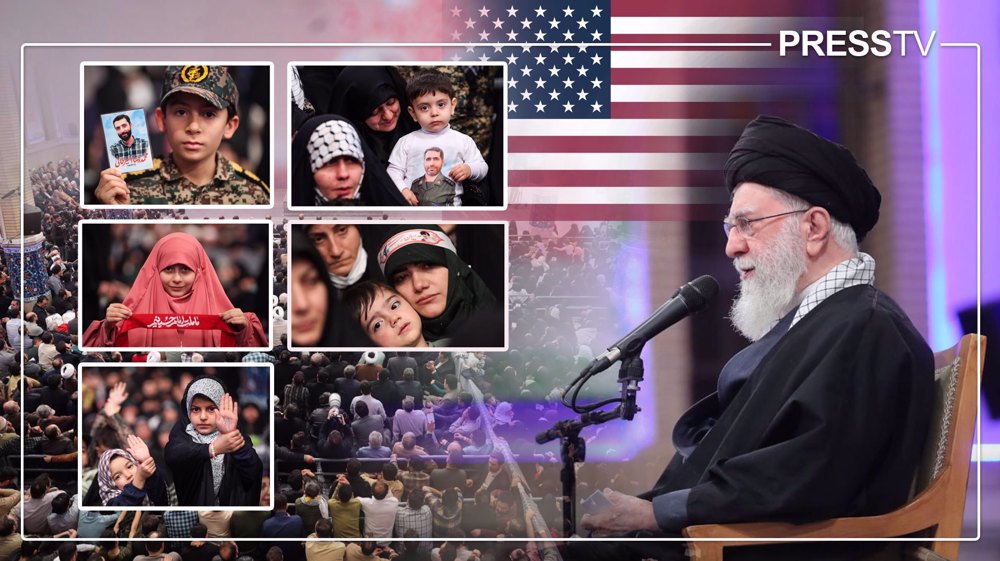



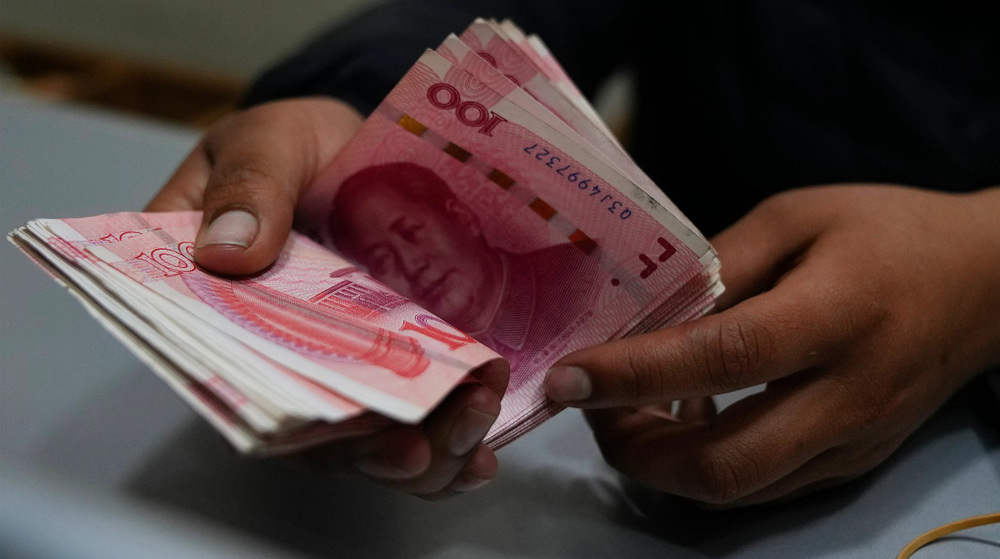
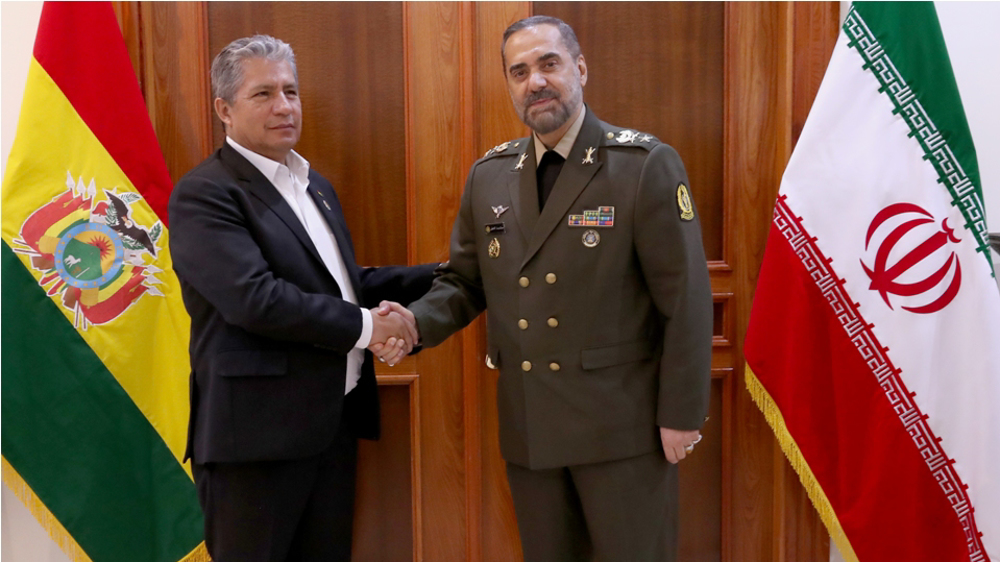
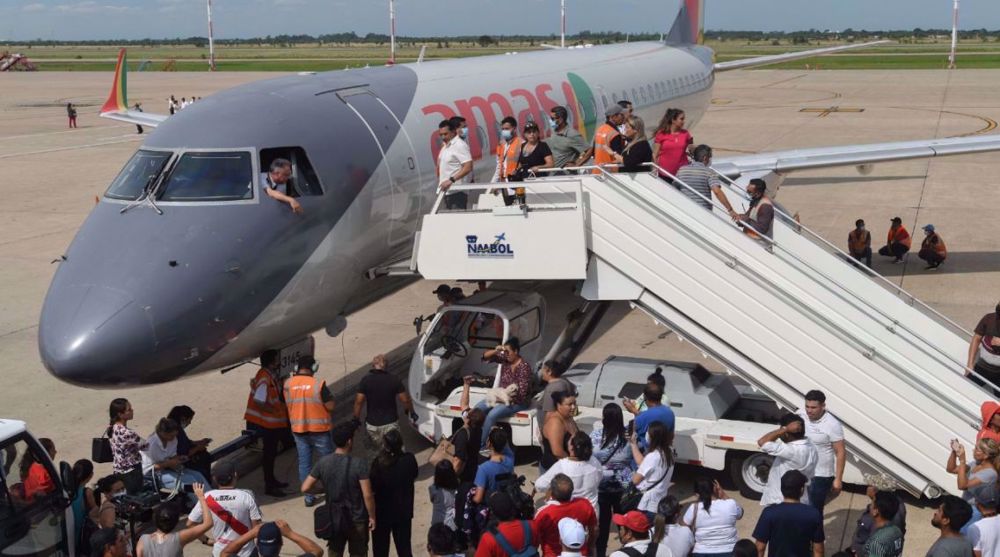
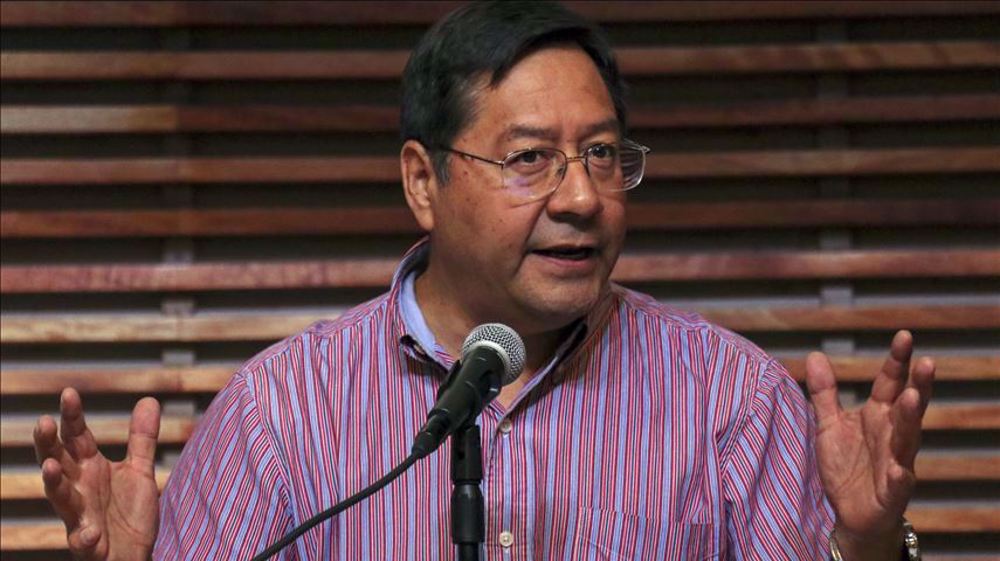
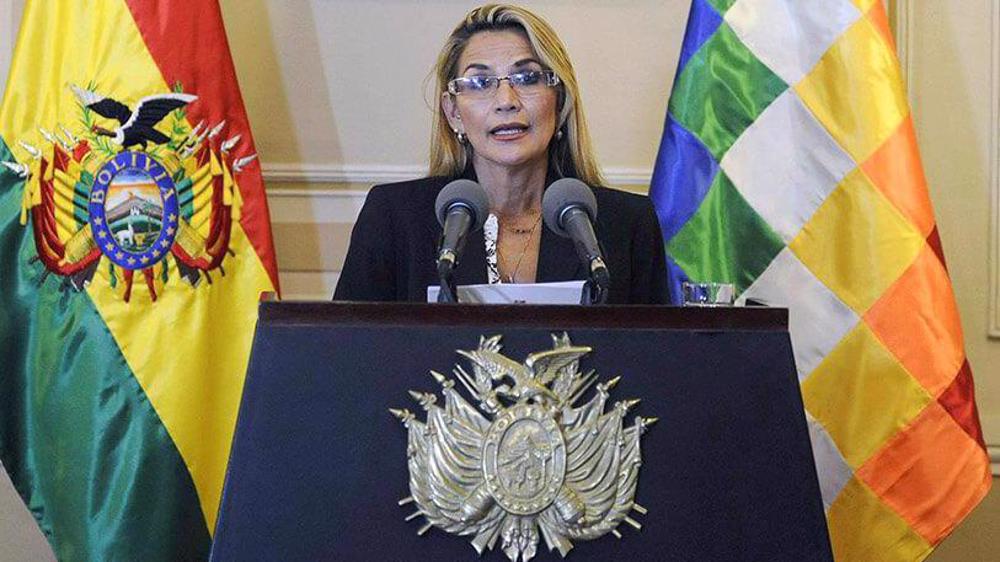

 This makes it easy to access the Press TV website
This makes it easy to access the Press TV website